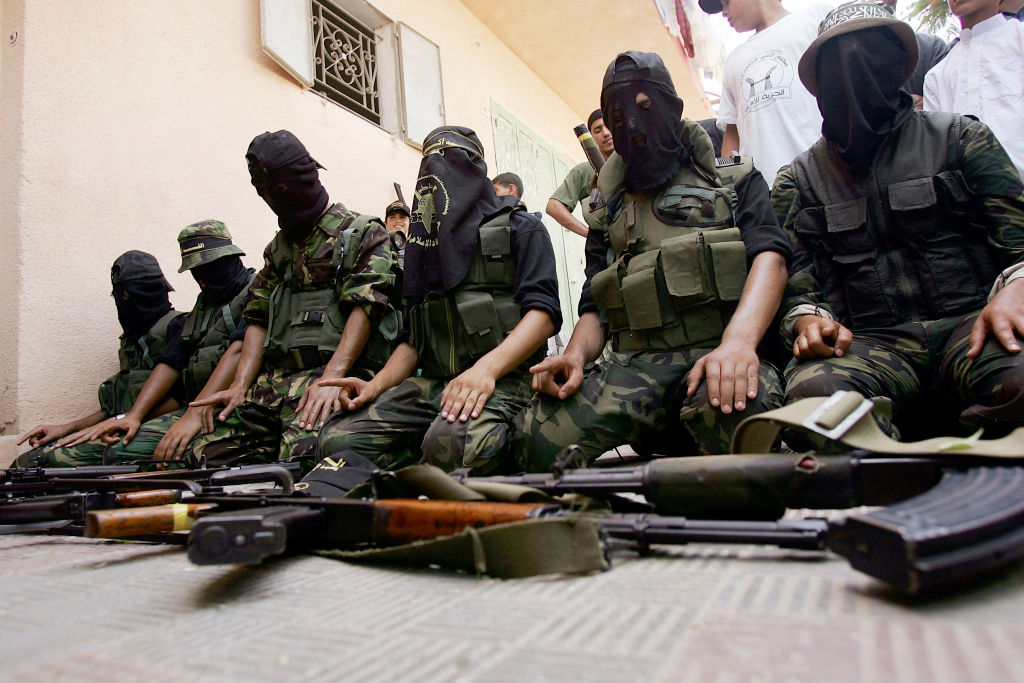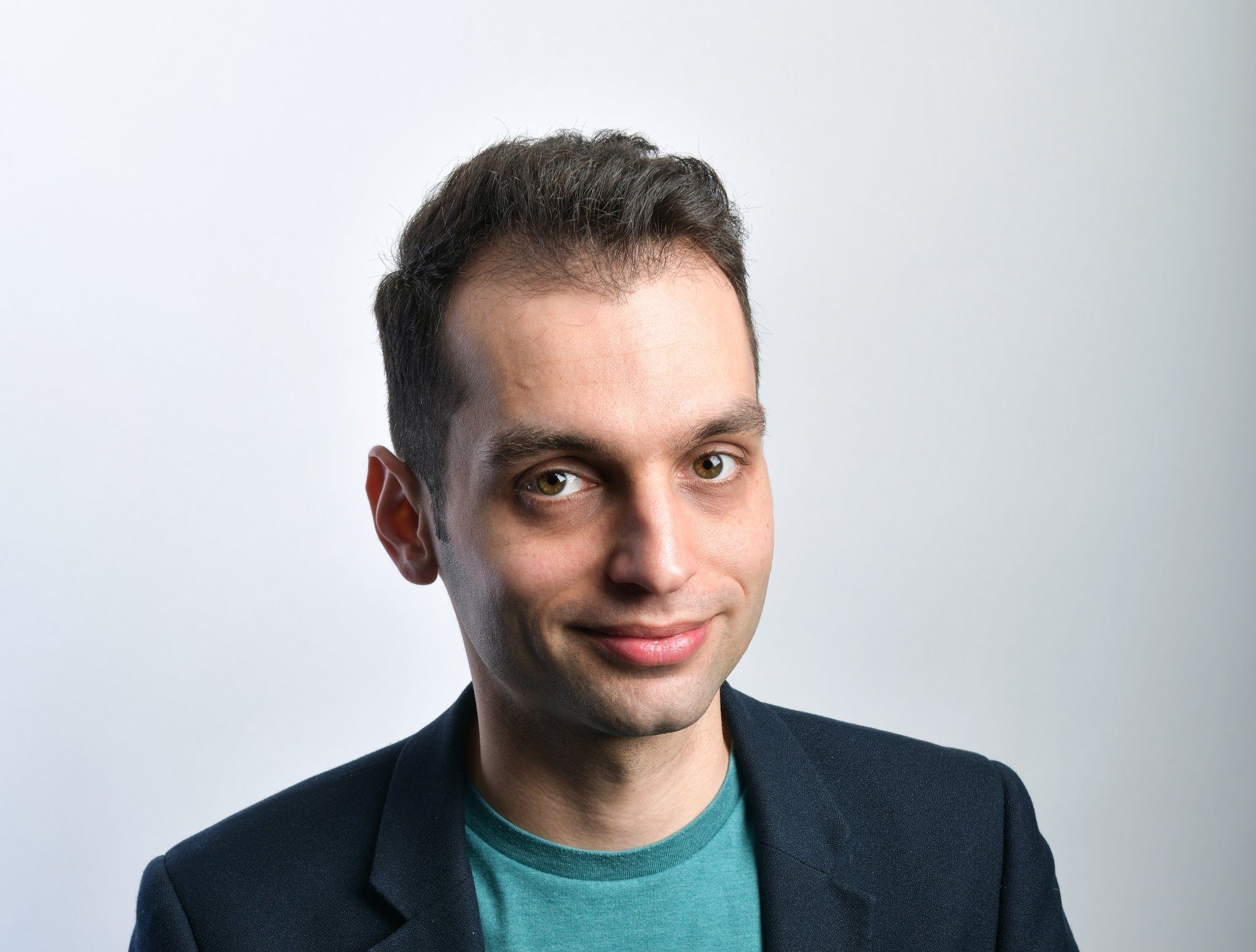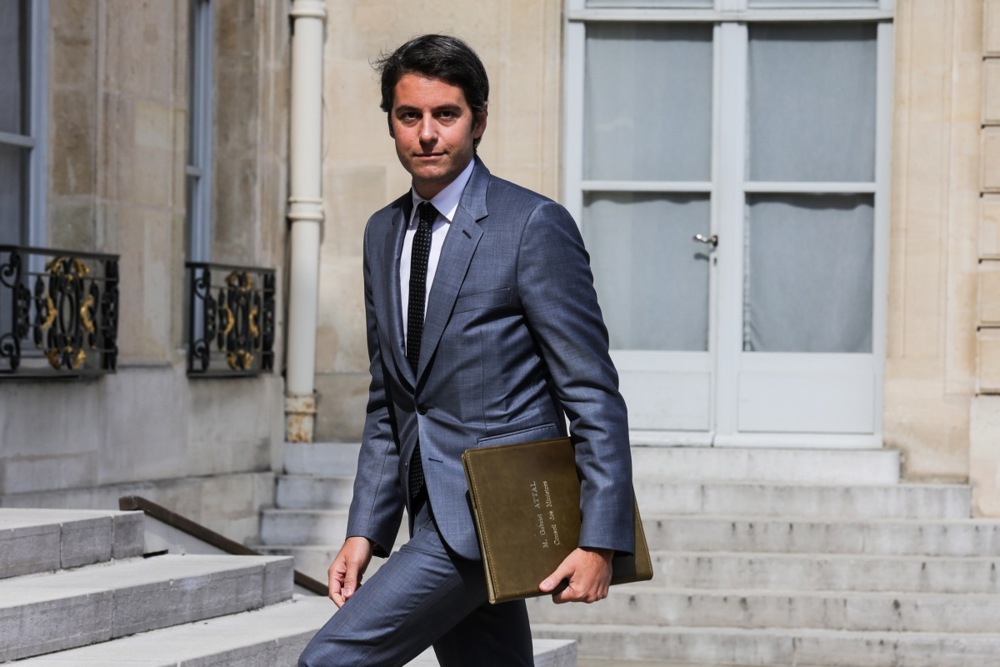Two men have been indicted by the courts in Paris regarding the terrorist attack in Brussels on October 16.
According to reports they have been charged with “criminal terrorist conspiracy” and “complicity in terrorist murder” and are being held in provisional pre-trial detention.
The move comes as investigators try to establish if the gunman who killed two Swedes in the atrocity, Tunisian national Abdesalem Lassoued, acted as a lone wolf or as part of a terrorist cell.
The men in question, reportedly in their 40s or 50s, deny the charges, according to one of their lawyers.
One of the men “has nothing to do, directly or indirectly, with the attack”, said his lawyer, speaking to AFP. The legal representative maintained that the killer was “a friend [the defendant] had known for a long time, and [the defendant] had not seen any signs of radicalisation” and “could never have imagined such an act”.
The lawyers for the other defendant did not comment.
On the evening of October 16, near Place Sainclette in north Brussels, Lassoued opened fire on Swedish football supporters, killing two of them and injuring a taxi driver.
The gunman, who had been living illegally in Belgium for around three years, said he was inspired by ISIS, which later claimed responsibility for the attack.
Lassoued fled the scene on a motorbike and was not tracked down until the following morning, when he was shot dead by Belgian police.
The Belgian federal prosecutor told media that the attacker was believed to have acted as a “lone wolf” rather than as a member of a terrorist network.
The arrests in Paris may appear to contradict that theory.
Four people were arrested across France on October 19 in connection with the attack, two of whom were later released.
France’s National Anti-Terrorist Prosecutor’s Office (PNAT) has said it “is continuing to clarify the links” between the indicted men and the attacker.
Fears over security and terrorism are growing both in France and across the European Union.
At the start of October, French intelligence signalled its fears that 2024 would see surge of Islamist terrorist attacks. French interior minister Gérald Darmanin even warned that a “new Bataclan” was possible, referring to the 2015 Paris attacks that left more than 120 civilians dead.
Among the factors behind a rise in terror attacks, observers point to ongoing instability in the Middle East and Africa, and the activities of cells such as ISIS and Al-Qaeda.
A surge of Islamist terrorist attacks is likely in 2024, French intelligence services have warned. https://t.co/Etv92Kldbp
— Brussels Signal (@brusselssignal) October 6, 2023
Hamas, the Palestinian Islamist organisation that controls the crowded Gaza Strip, launched its attack on Israel on October 7. The ensuing war has caused many divisions throughout the EU.
The surge of mass migration into Europe is seen as another security concern, as many fear terrorists will use the crisis to infiltrate the EU.
Lassoued had entered the EU illegally via the Italian island of Lampedusa in 2011, after escaping prison in Tunisia. He had applied for asylum and been rejected in four separate EU countries.
This has now raised serious questions about the EU’s migration and border security policies and practices.





